The best Baldur's Gate 3 spells and how to cast magic
All you need to master spells, scrolls, and cantrips in BG3
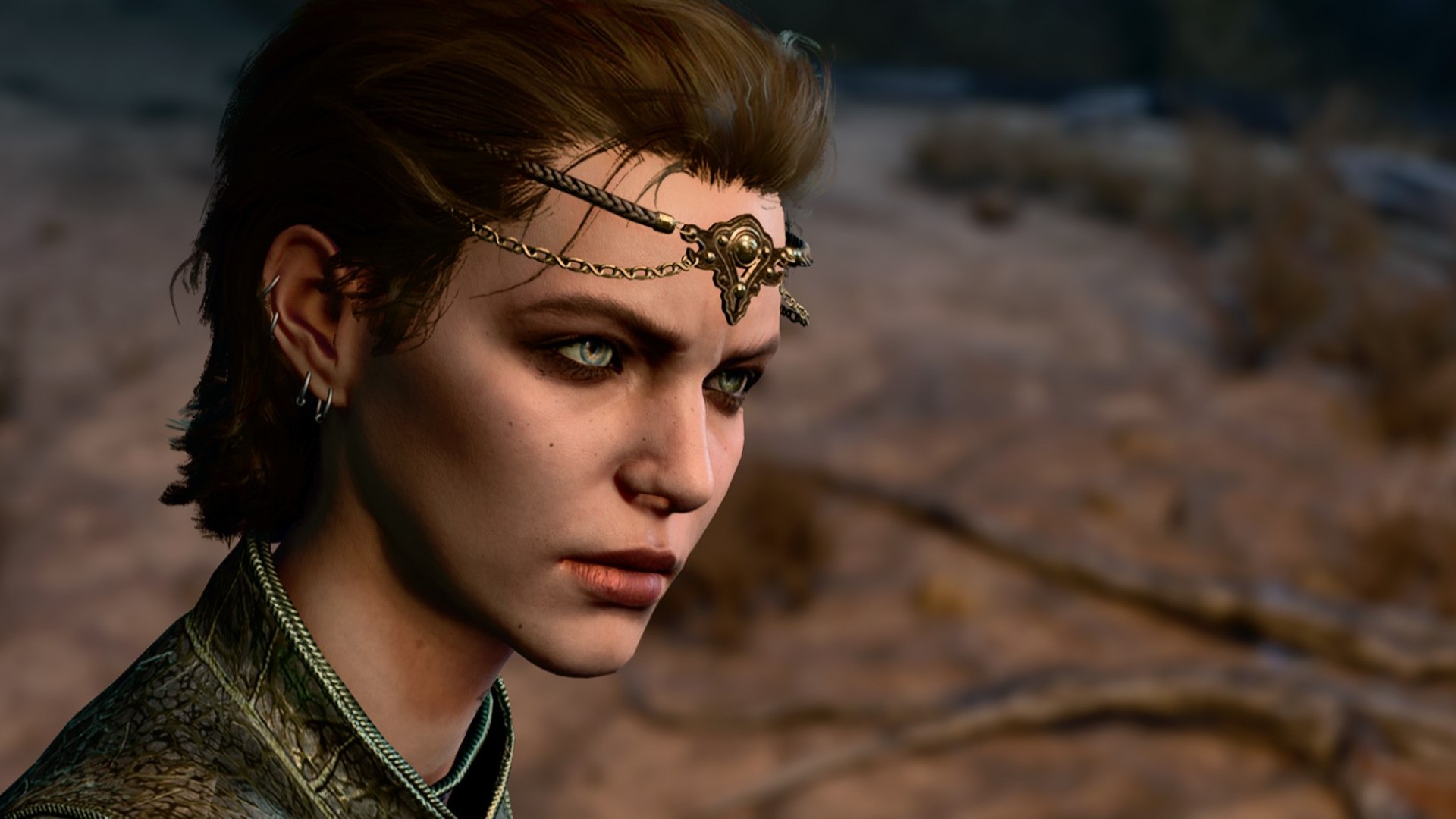
The best Baldur's Gate 3 spells, cantrips and spell scrolls give you a massive advantage in combat and more, though what you're capable of casting will differ hugely depending on which of the Baldur's Gate 3 classes you play as. Wizards have a diverse pool, Druids focus on buffs and support, and Warlocks have a range of moderate spells for any occasion, among others. Either way, there's a lot of magic to pick from - hundreds of spells across all the classes, each one offering something different, so we'll lay out the best options that Baldur's Gate 3 has to offer below, as well as an in-depth guide on how magic works.
This guide on the best spells in BG3 was updated on 7 November, though there wasn't a huge amount to update or add, beyond shifting a few minor details to reflect recent strategies and new info.
The best spells in Baldur's Gate 3
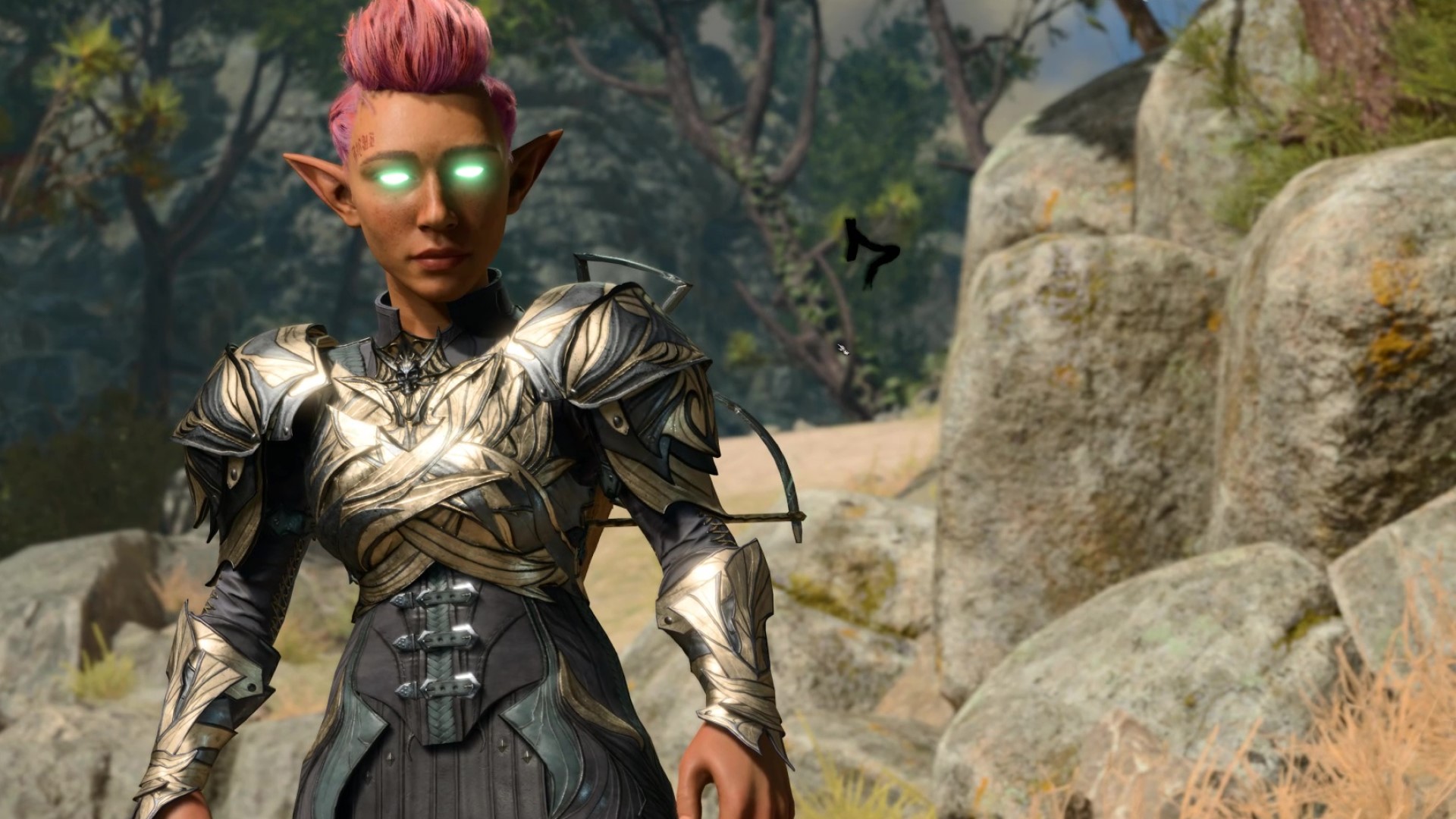
The best Baldur's Gate 3 spells tend to be fairly universal early on, so we've covered the best spells that beginners should pick early - and many of these will remain powerful and useful even in the late game.
- Guidance (Cantrip: Cleric, Druid). Grants a 1D4 bonus to every out-of-combat dice roll. it's a ridiculous advantage to the point we expect it to get nerfed.
- Healing Word (Level 1 Spell: Bard, Cleric). A cheap, bonus action heal that allows you to revive allies, from a distance, without having to use up your main action, or just give them a minor heal.
- Misty Step (Level 2 Spell: Sorcerer, Wizard, Coast Druid, Underdark Druid, Gloom Stalker Druid, Oath of Ancients Paladin, Oath of Vengeance Paladin). A bonus action spell that allows you to teleport short distances without triggering attacks of opportunities, as long as you can see where you're headed, disappearing and reappearing anywhere within 18m. Incredibly useful in combat, stealth, exploration and more besides.
- Pass Without Trace (Level 2 Spell: Druid, Ranger, Trickery Cleric). +10 to all stealth checks to the caster and those around them as long as they maintain concentration. Fantastic for getting allies around without triggering combat.
- Eldritch Blast (Cantrip: Warlock). The Warlock's bread and butter. Reliable and effective 1D10 damage dealer that deals Force damage most enemies aren't resistant to, and can be modified with Warlock Invocations.
- Sleep (Level 1 Spell: Bard, Sorcerer, Wizard, Eldritch Knight Fighter). Puts 24 Hit Points worth of enemies to sleep for two turns, or until they take damage. Very effective way to control a threat, especially if conscious enemies burn their actions trying to wake their allies.
- Tasha's Hideous Laughter (Level 1 Spell: Bard, Wizard, Eldritch Knight Fighter, Copper Draconic Sorcerer). Knock an enemy prone and incapacitated with laughter. A chance to break every round or if they take damage, but melee attacks on the target automatically crit, which is very powerful.
- Light (Cantrip: Bard, Cleric, Sorcerer, Wizard, Eldritch Knight Fighter, High Elf, High Half-Elf). Make an object generate light. Sounds basic, but if you have some Baldur's Gate 3 companions without Darkvision, like Lae'zel or Gale, or can't see in the dark yourself, this spell is a lifesaver.
- Scorching Ray (Level 2 Spell: Sorcerer, Wizard, Fiend Warlock). Three rays of fire shot at one or different targets that deal 2D6 fire damage each. Works nicely either against bosses or groups.
- Dissonant Whispers (Level 1 Spell: Bard, Great Old One Warlock). Does 3D6 to a target and frightens them, giving them disadvantage on all attack rolls and ability checks. An excellent way to weaken a dangerous enemy, like a boss.
Remember, now that the Baldur's Gate 3 level cap has increased, you'll be able to wield far more powerful spells with correspondingly-higher spell slot costs as you level up. Spells like Fireball and Chain Lightning are incredibly potent, but choosing the best spells later on is more contextual, finding gaps in your team's abilities and working towards specific builds.
Magic and spells in Baldur's Gate 3 explained
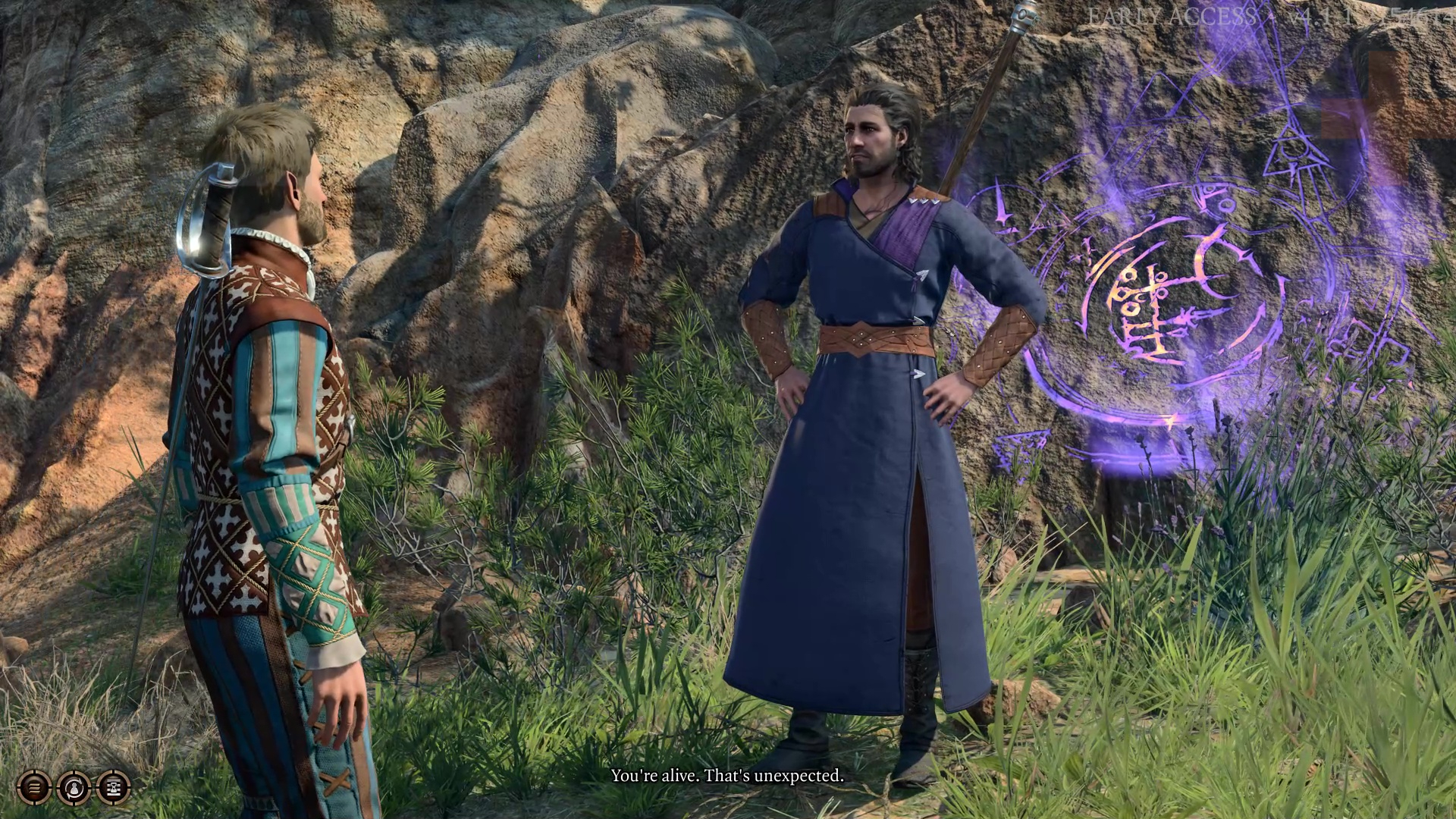
Spells in Baldur's Gate 3 follow the same system as Dungeons and Dragons 5E. For those who don't know, here's the basics:
- If your character knows a spell, they can choose to cast it from the action menu at the bottom by clicking on its symbol, then a viable target.
- If the spell is a Cantrip, it's cast for free (besides whatever action is needed to cast it). Otherwise, it costs the caster a Spell Slot of 1st Level or higher, depending on what spell it is.
- Spell Slots are basically ammo for your spells, like bullets that can be put into any number of different guns. Some spells require Spell Slots of a certain level, like the 2nd level Scorching Ray needing a 2nd Level Spell Slot or more to work, and not being able to be cast with a 1st Level Spell Slot.
- Some spells try to hurt or affect enemies, either by beating their Armor Class (AC), or by forcing them to make some sort of Saving Throw (the spell's description tells you which one).
- The Spell Slot is used up even if the spell misses, or the target succeeds on their Saving Throw to dodge or resist it.
- Some spells can be "upcast", i.e., using a higher level of Spell Slot than they need for a greater effect, such as increasing the amount of targets it can hit or the damage inflicted.
- Concentration is a factor in certain spells that last for a long time. Concentration means the caster has to voluntarily keep the spell going, but every time they take damage, they have to roll a dice to see if they can maintain concentration. They also can't concentrate on more than one spell at once, though they can cast non-concentration spells during this time without issue.
- All Spell Slots are regained at the end of a Long Rest. A few classes, like the Warlock, can also regain them on a Short Rest, or through special abilities.
- You can look at a character's Spellbook by pressing the K button.
That's a very summary example, and we recommend actually just casting spells yourself to get a feel for how the system works. It's also very important to read the full description of the spell in the Spellbook, including what kind of action it needs to cast, how long its duration is, the range, whether it requires concentration, and more besides. It's easy to miss an important detail - such as Poison Spray having a very short range - and select a spell that isn't what you were hoping for.
Speaking of which, how do you pick those new spells?
How to learn and prepare new spells in Baldur's Gate 3
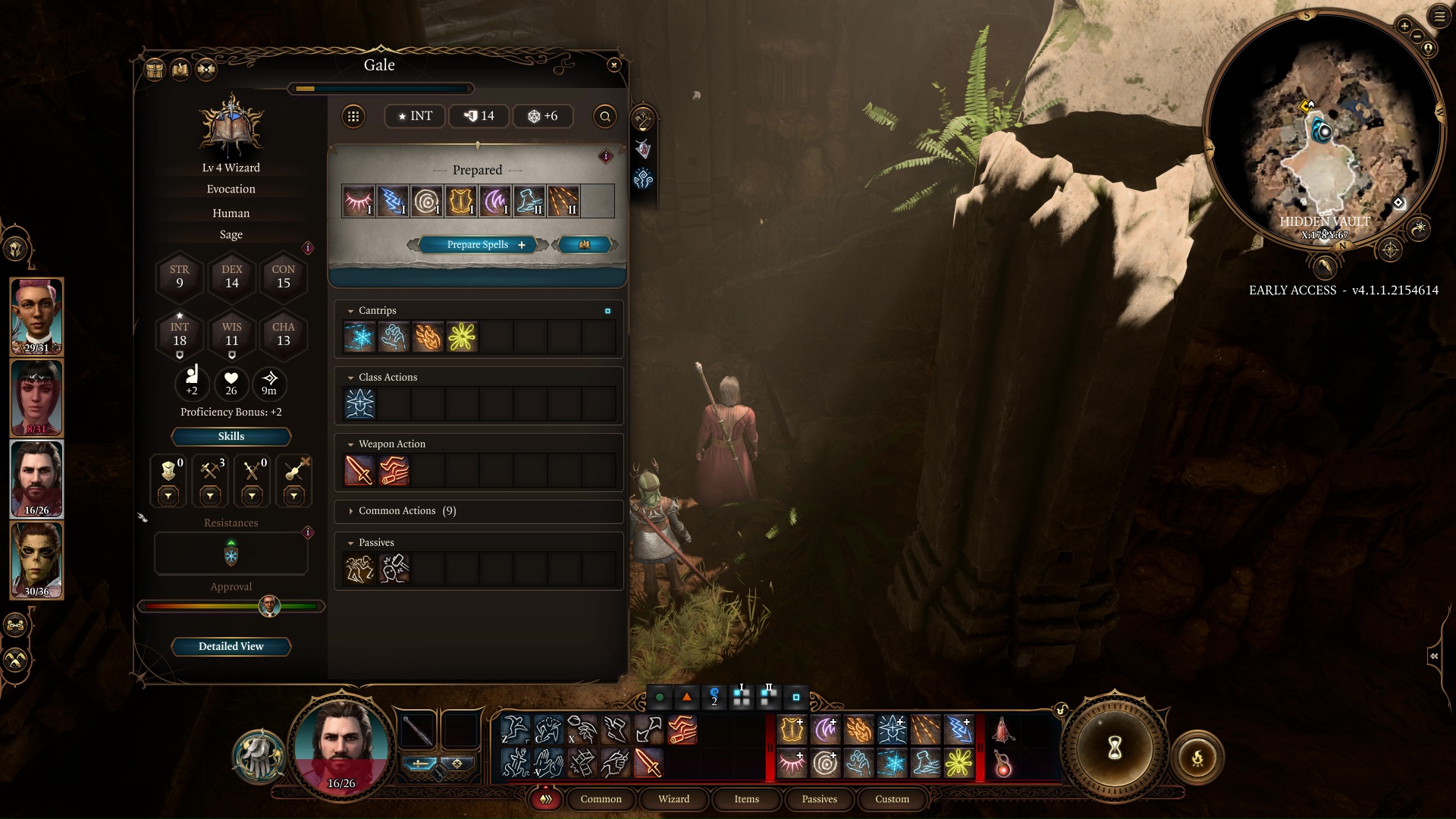
Each class in Baldur's Gate 3 that's capable of casting spells comes across them in different ways, with some being more versatile than others. Spells are usually learned when your characters level up - you'll be able to choose some new spells depending on their class and level to add to their knowledge, as well as sometimes replacing an existing spell if you want to.
Some classes know more spells than they can have prepared. For example, a Wizard might know dozens of spells, but only have six of them ready to cast at any one time. To switch what spells you have prepared, go into the Spellbook with K any time you're out of combat and choose which ones you want to have ready.
- Classes that prepare spells from a larger list: Clerics, Druids, Wizards, Paladins
- Classes/Subclasses that don't prepare spells: Bards, Sorcerers, Warlocks, Eldritch Knight Fighters, Rangers, Arcane Trickster Rogues
How to use Spell Scrolls in Baldur's Gate 3
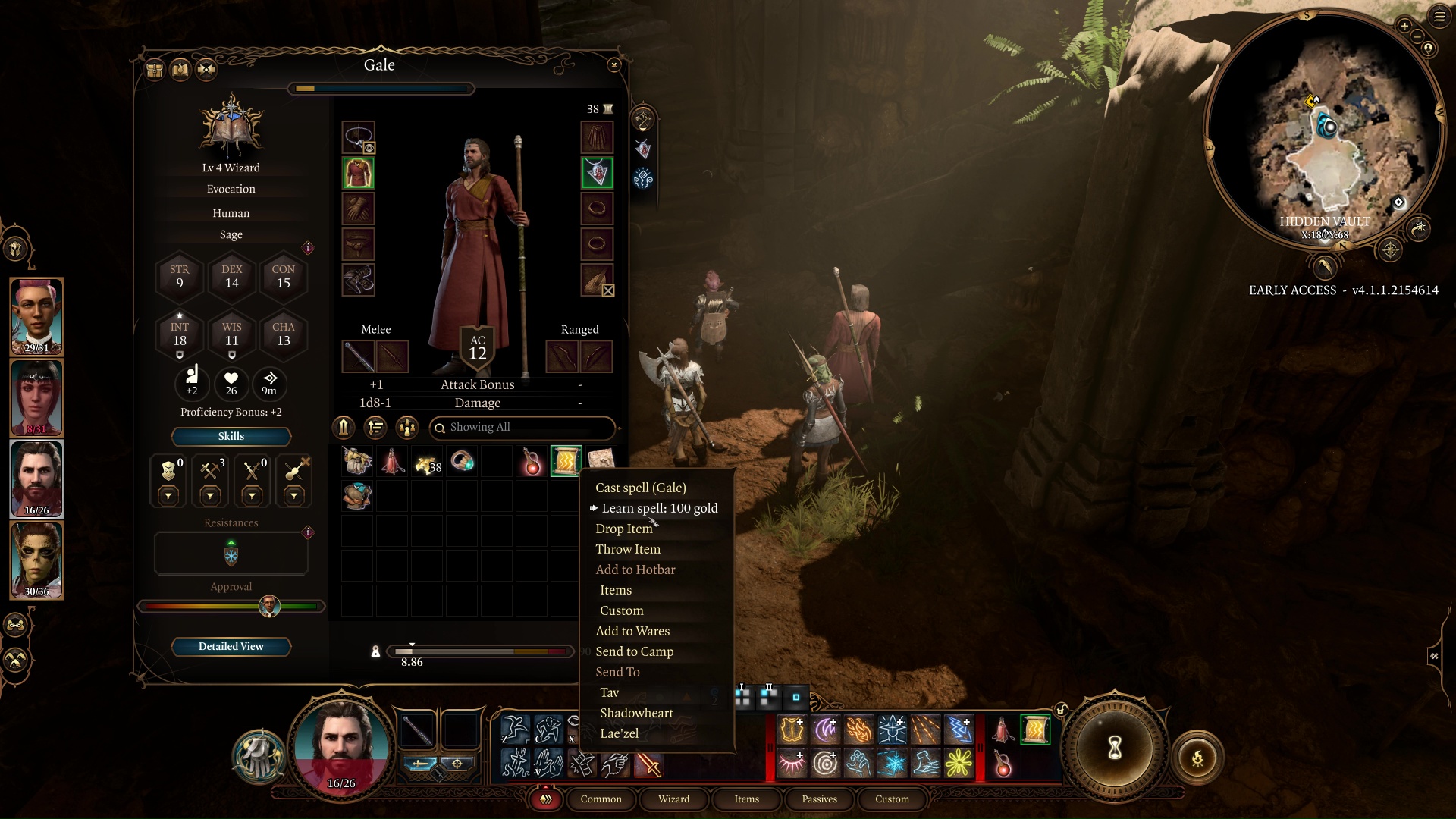
Spell Scrolls are single-use consumable items found around the game that a character can use to cast a spell for free, once, even if it's not a spell that they'd normally be able to. It also doesn't cost a Spell Slot to fire off, but aside from that, it works the same as the original spell. Even the most bone-headed Barbarian could use a Spell Scroll to cast Charm Person or Feather Fall!
Spell Scrolls can also be used to teach Wizards spells, though this does apply only to Wizards and no other classes. To do so, right click the Spell Scroll in your inventory and select the "learn" option. This will consume the scroll, but add that spell permanently to that Wizard's spellbook. It will also cost some gold, the amount changing based on the Wizard's specialised school, the spell's level, and certain other factors. Don't worry - it'll tell you the price before you need to commit to doing it.
© GamesRadar+. Not to be reproduced without permission
Weekly digests, tales from the communities you love, and more

Joel Franey is a writer, journalist, podcaster and raconteur with a Masters from Sussex University, none of which has actually equipped him for anything in real life. As a result he chooses to spend most of his time playing video games, reading old books and ingesting chemically-risky levels of caffeine. He is a firm believer that the vast majority of games would be improved by adding a grappling hook, and if they already have one, they should probably add another just to be safe. You can find old work of his at USgamer, Gfinity, Eurogamer and more besides.


